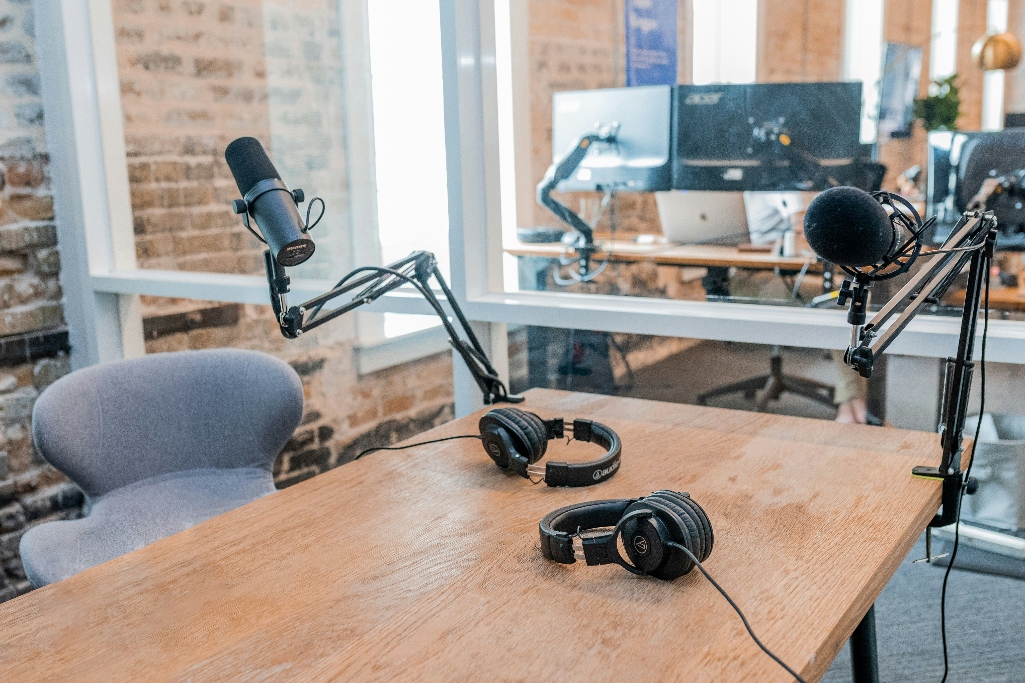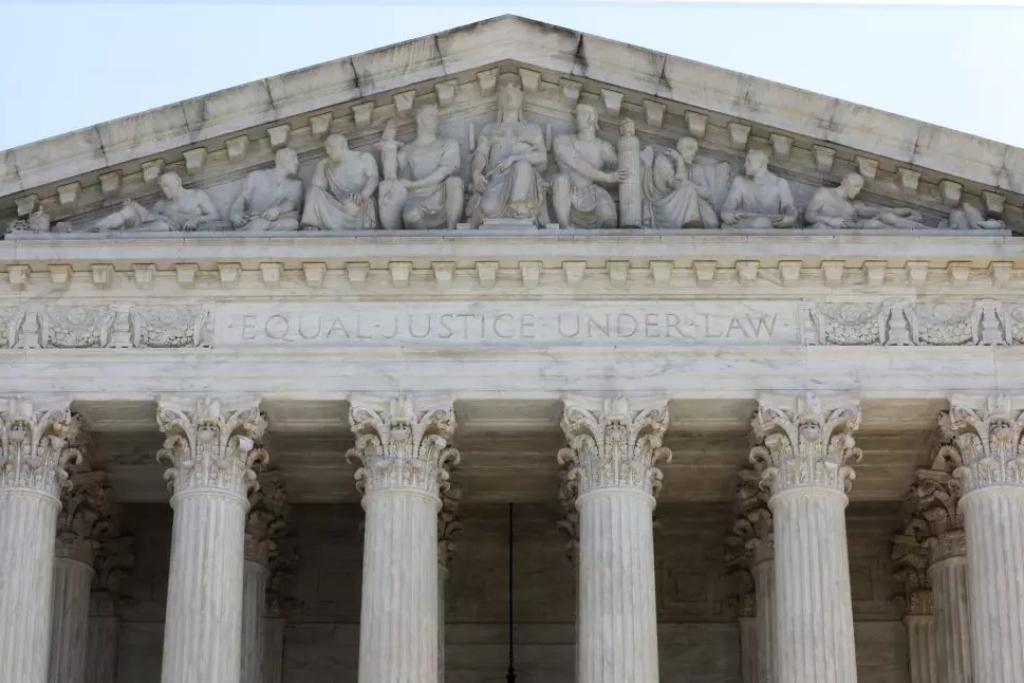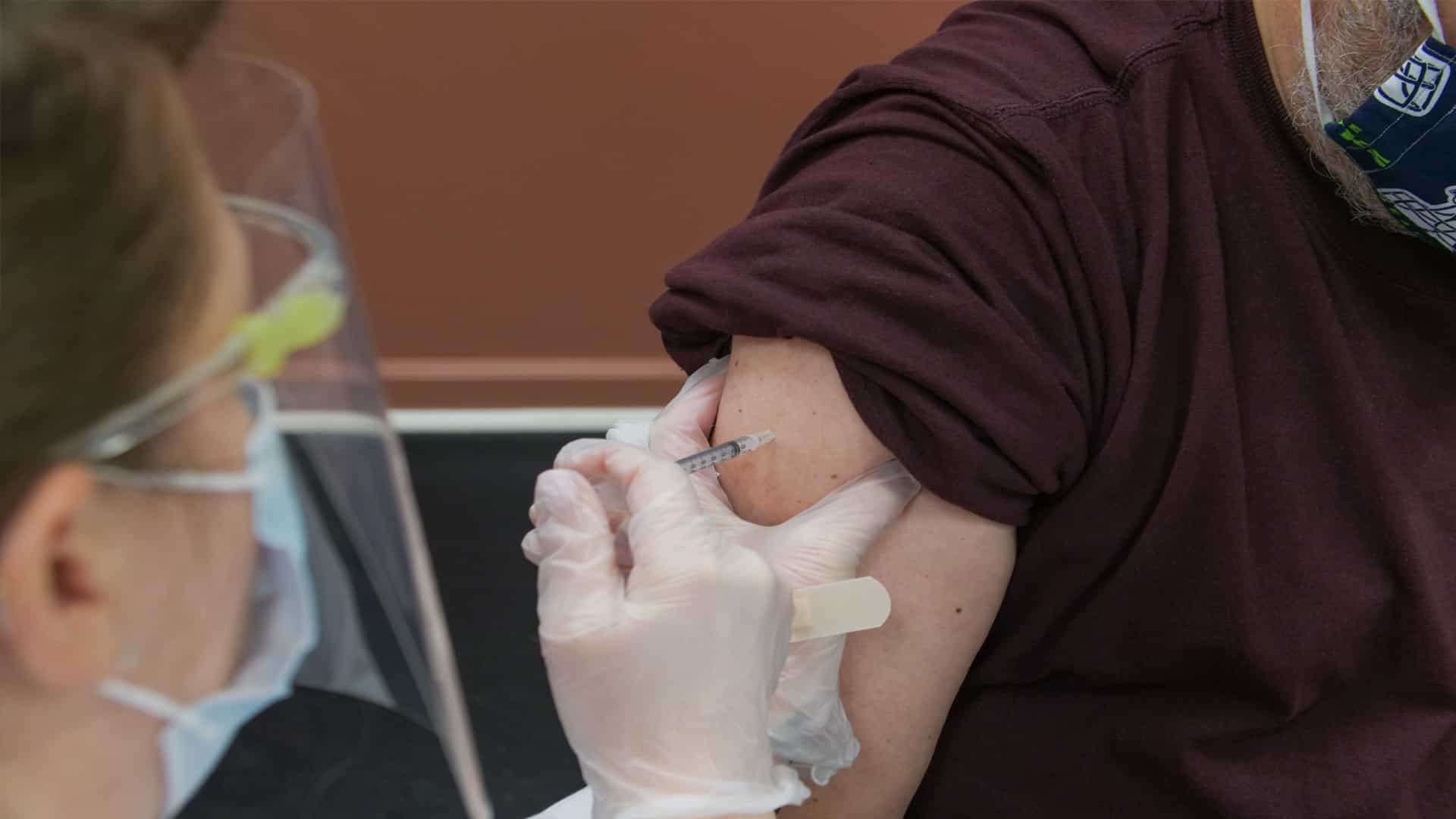
WASHINGTON (BP) – Noncommercial religious broadcasters are asking the U.S. Supreme Court to review copyright royalty fees, alleging they favor secular speech over religious expression.
Religious broadcasters have asked the court to review a July 2023 decision upholding U.S. Copyright Royalty Board royalty rates that in some cases are 18 times higher for religious noncommercial webcasters than for secular National Public Radio (NPR) broadcasters.
At issue are the royalty rates stations must pay copyright owners to stream their songs. Rates are set every five years in statutory licenses the royalty board issues, allowing webcasters to forgo getting separate licenses from individual copyright owners.
As an example, ADF said a Christian station webcasting 15 songs per hour to an average audience of 1,000 people must pay over $257,000 annually, while NPR stations only have to pay $18,000 annually to reach the same audience. The difference represents a 93 percent discount for NPR stations.
“The government punishes noncommercial religious broadcasters by making them pay a license fee more than 18 times higher than NPR above a modest listener threshold (of 218 listeners),” Alliance Defending Freedom (ADF) Senior Counsel John Bursch said Feb. 26 in a press release. “This unlawful discrimination forces some noncommercial religious stations to stay small and restrict their listener reach so they can afford to stream online.”
The rate structure violates the Religious Freedom Restoration Act of 1993 and the U.S. Constitution, Bursch said, and “places a heavy thumb on the webcasting scale” that favors secular speech over religious speech.
More than 1,000 such religious stations nationwide are members of the National Religious Broadcasters Noncommercial Music License Committee appealing the July ruling. The firm of Fletcher, Heald & Hildreth (FH&H) is co-counsel in the case.
“The rate structure impedes nonprofit religious stations from communicating messages of hope and inspiration at a time when such messages are desperately needed,” FH&H partner Karyn Ablin said. “It has been over 25 years since the webcasting statutory license was created, and the time has come for the Supreme Court to scrutinize the Board’s rate structure and ensure an equal playing field in the marketplace of ideas for all noncommercial online speakers, consistent with the First Amendment and RFRA.”
In upholding the current rates that are effective through 2025, the District of Columbia Circuit Court ignored the substantial burden the rates place on religious stations and failed to take seriously the RFRA, attorneys said in their petition filed Feb. 23.
Under the rate structure approved in 2021, the minimum fee for noncommercial webcasters doubled to $1,000 per year for each station or channel, InsideRadio.com reported, with additional fees based on audience size.
“The Court should grant the petition and review the D.C. Circuit’s and Board’s actions, which effectively create a two-tier noncommercial rate structure,” the petition reads, a top tier favoring secular NPR-affiliated stations and a bottom tier that forces religious stations to pay exponentially higher royalty fees to reach more than 218 average monthly listeners. What’s more, the federal government pays NPR’s fees, while religious broadcasters are left to pay their own.
The case is National Religious Broadcasters Noncommercial Music License Committee v. Copyright Royalty Board and Librarian of Congress.
(EDITOR’S NOTE – Diana Chandler is Baptist Press’ senior writer.)


